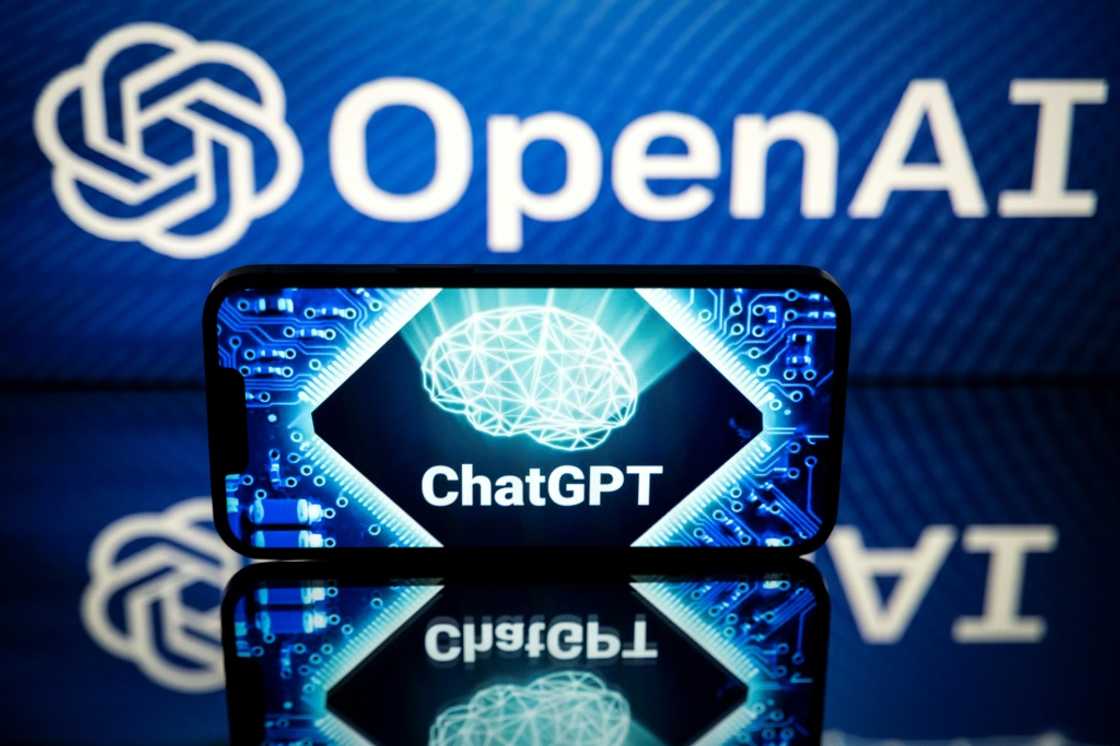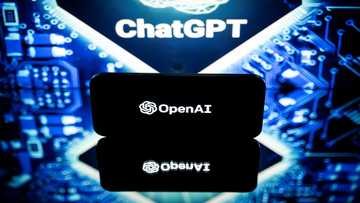Colombian judge uses ChatGPT in ruling

Source: AFP
PAY ATTENTION: Enjoy reading our stories? Join YEN.com.gh's Telegram channel for more!
A judge in Colombia caused a stir by announcing he had used the AI chatbot ChatGPT in preparing a ruling in a children's medical rights case.
Judge Juan Manuel Padilla said he used the text-generating bot in a case involving a request to exonerate an autistic child from paying fees for medical appointments, therapy and transportation given his parents' limited income.
Padilla told Blu Radio on Tuesday that ChatGPT and other such programs could be useful to "facilitate the drafting of texts" but "not with the aim of replacing" judges.
He ruled in favor of the child and wrote in his judgment dated January 30 that he had consulted ChatGPT on the matter, without specifying to what extent he had relied on the bot.
Padilla also insisted that "by asking questions to the application we do not stop being judges, thinking beings."
ChatGPT uses artificial intelligence and reams of data from the internet to generate answers to questions posed by human users.
PAY ATTENTION: Сheck out news that is picked exactly for YOU ➡️ click on “Recommended for you” and enjoy!
In this case, Padilla said he asked the bot: "Is autistic minor exonerated from paying fees for their therapies?" among other questions.
It answered: "Yes, this is correct. According to the regulations in Colombia, minors diagnosed with autism are exempt from paying fees for their therapies."
The judge argued that ChatGPT performs services previously provided by a secretary and did so "in an organized, simple and structured manner" which could "improve response times" in the justice system.
Professor Juan David Gutierrez of Rosario University was among those to express incredulity at the judge's admission.
Gutierrez, an expert in artificial intelligence regulation and governance, said he put the same questions to ChatGPT, and got different responses.
"It is certainly not responsible or ethical to use ChatGPT as intended by the judge in the ruling in question," he wrote on Twitter.
He called for urgent "digital literacy" training for judges.
Created by California-based company OpenAI, ChatGPT has taken the world by storm since its launch in November, with its ability to write essays, articles, poems and computer code in just seconds.
Critics have raised fears it could be used for widespread cheating in schools and universities.
OpenAI has cautioned that its tool can make mistakes.
But Padilla said "I suspect that many of my colleagues are going to join in this and begin to construct their rulings ethically with the help of artificial intelligence."
New feature: Сheck out news that is picked for YOU ➡️ click on “Recommended for you” and enjoy!
Source: AFP



